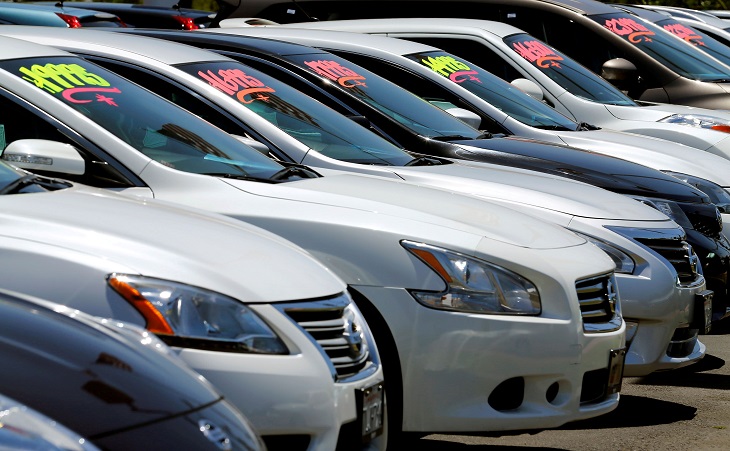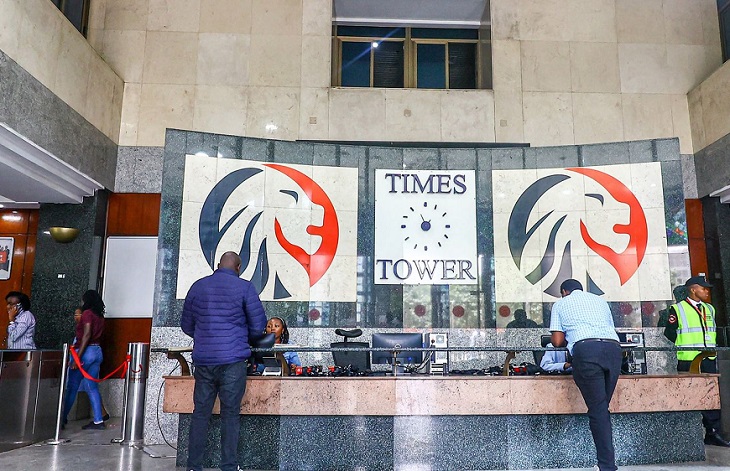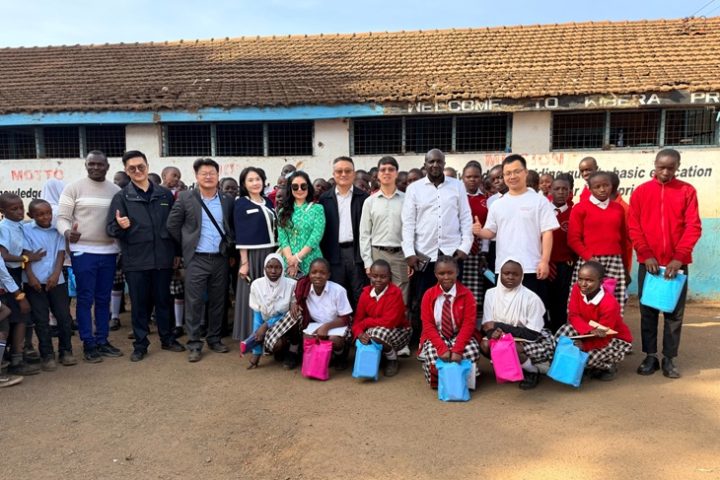The Kenya Revenue Authority (KRA) is set to implement a new tax valuation system for imported used vehicles under the Current Retail Selling Price (CRSP) framework starting 1st July 2025. While it is being promoted as a move towards more “accurate and fair” valuations, the reality is far more troubling: this policy risks making car ownership unaffordable for the very people it should protect ordinary Kenyan buyers.
The New CRSP Rule and What It Means
Under the revised system, customs duty will be calculated based on the actual price paid for the car abroad, including freight, insurance, and all associated import costs. In theory, this might appear just. In practice, it introduces unpredictable and often inflated costs — effectively pricing out the average Kenyan who relies on used cars as a practical necessity, not a luxury.
The vast majority of car buyers in Kenya do not purchase vehicles for leisure or resale. They buy them for survival — to work, to transport goods, to earn a living. This policy does not consider that reality.
Price Comparison: Before and After
The impact of the new CRSP model becomes clearer when viewed through the lens of current and projected prices of commonly imported models:
- Toyota Vitz 2018 (1300cc)
Previous range: Ksh 1.1 million – 1.2 million
New estimated range: Ksh 1.5 million – 1.65 million
Increase: Up to Ksh 450,000 - Mazda Demio 2018 (1300cc)
Previous range: Ksh 1.2 million – 1.3 million
New estimated range: Ksh 1.6 million – 1.75 million
Increase: Up to Ksh 500,000 - Nissan Note 2019 (1200cc)
Previous range: Ksh 1.1 million – 1.25 million
New estimated range: Ksh 1.5 million – 1.7 million
Increase: Up to Ksh 450,000 - Toyota Premio 2018 (1800cc)
Previous range: Ksh 1.6 million – 1.8 million
New estimated range: Ksh 2.2 million – 2.4 million
Increase: Up to Ksh 600,000
These figures are not just numbers. They represent real, working-class Kenyans who are now at risk of being priced out of vehicle ownership entirely.
This Is Not a Luxury Tax — It Is a Tax on Livelihood
In a country where owning a car is often the difference between employment and joblessness, this tax will cut deeper than anticipated. Many Kenyans use vehicles to operate taxi businesses, deliver goods, or travel long distances for work. These are not extravagances — they are tools of economic survival.
The CRSP change is being implemented in an environment already burdened by high fuel prices, inflation, and stagnant wages. This is not the time to impose additional financial pressure on working families.
Rising Bureaucracy, More Delays
The new requirement that importers prove the actual foreign transaction value introduces even more complexity. This opens the door to delays, red tape, and potential exploitation during customs clearance. The biggest burden will fall on small-scale importers and first-time buyers — not established dealers with legal support and experienced clearing agents.
Who Was Consulted?
KRA claims this policy followed stakeholder engagement. But who exactly was consulted? Was it the boda boda rider who saved for years to buy a small car? The unemployed graduate looking to start a ride-hailing business with a used Nissan Note? The civil servant hoping to upgrade from public transport?
It appears not. And that omission is deeply concerning.
A Call for Fairer Reform
No one disputes the importance of proper tax compliance. But fairness is not just about strict calculations — it is about economic sensitivity and social impact. In today’s Kenya, the reality is simple: the average citizen cannot afford another financial setback.
KRA must reconsider the rollout of this new CRSP system. At the very least, the authority should:
- Introduce phased reforms with clear timelines
- Provide exemptions or tax relief for vehicles with engine capacities below 1500cc
- Protect lower-income buyers from being priced out of the market
A fair tax system must strike a balance between revenue collection and protecting livelihoods. As it stands, this policy does neither.
If left unchanged, it risks shutting out an entire generation of Kenyans from the dream of car ownership — and that is not reform. That is regression.
Related Content: What You Urgently Need To Know About The Revised Current Retail Selling Price List for Used Motor Vehicles













